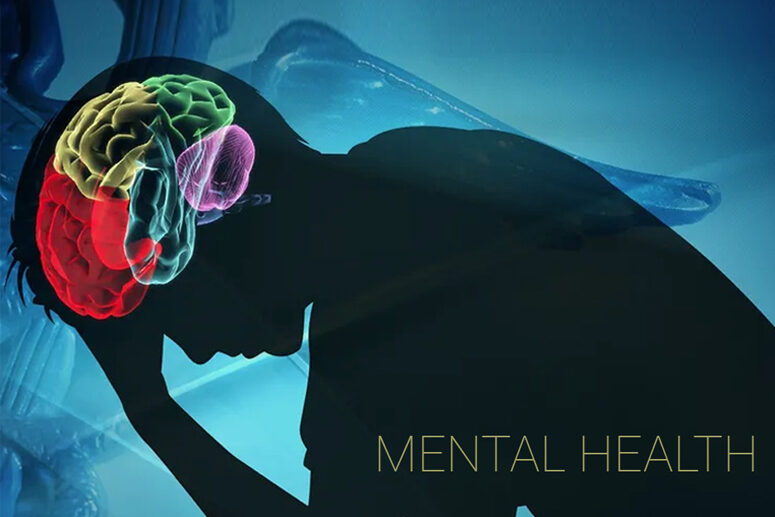Mental health is a crucial aspect of our overall well-being, and unfortunately, millions of people around the world struggle with mental health disorders. Medication is one of the treatment options available for mental health disorders, and it can be a helpful tool in managing symptoms and improving overall quality of life. However, like any treatment, there are pros and cons to medication for mental health. In this article, we will discuss the important notes and points to consider when it comes to medication for mental health, answer frequently asked questions, and weigh the pros and cons of this treatment option.

Outline:
- Medication is not a one-size-fits-all solution: Everyone’s experience with medication will be different, and what works for one person may not work for another. It’s important to work closely with a healthcare provider to find the right medication and dosage that works for you.
- Medication is often used in conjunction with other treatments: While medication can be a helpful tool in managing mental health symptoms, it’s rarely the only treatment used. Therapy, lifestyle changes, and other interventions may also be recommended to help manage symptoms and improve overall well-being.
- Side effects are possible: Like any medication, mental health medications can come with side effects. These can vary widely and may include things like dizziness, drowsiness, weight gain, and more. It’s important to talk with your healthcare provider about the potential side effects of any medication you’re considering.
- Medication should be taken as prescribed: It’s important to take medication exactly as prescribed by your healthcare provider. Skipping doses or taking more than prescribed can be dangerous and can impact the effectiveness of the medication.
- It may take time to see results: Some mental health medications take time to become effective, and it’s important to be patient and give them time to work. If you’re not seeing improvements after a few weeks, talk with your healthcare provider about adjusting your medication or exploring other treatment options.

How do I know if medication is right for me?
Medication may be recommended if you’re struggling with mental health symptoms that are impacting your daily life. Your healthcare provider can help you determine if medication is a good option for you based on your individual needs and medical history.
Will medication cure my mental health disorder?
Medication is not a cure for mental health disorders, but it can be a helpful tool in managing symptoms and improving overall quality of life.
Are mental health medications addictive?
Some mental health medications have the potential to be addictive if not taken as prescribed. However, your healthcare provider can help monitor your medication use to minimize this risk.
How long will I need to take medication?
The length of time you’ll need to take medication will depend on your individual needs and the specific medication you’re taking. Some people may need to take medication long-term, while others may only need it for a short period of time.
What if I experience side effects from my medication?
It’s important to talk with your healthcare provider about any side effects you’re experiencing. In some cases, adjusting the medication or dosage can help minimize side effects.

Pros:
- Can improve symptoms: Medication can be a helpful tool in managing mental health symptoms and improving overall quality of life.
- Can be effective: For some people, medication can be highly effective in managing mental health symptoms and improving overall well-being.
- Can be used in conjunction with other treatments: Medication can be used in combination with other treatments, such as therapy and lifestyle changes, to help manage mental health symptoms.
- Can be customized to individual needs: There are a wide variety of mental health medications available, and healthcare providers can work with individuals to find the medication and dosage that works best for them.
- Can reduce the risk of relapse: For some individuals, medication can help reduce the risk of relapse and maintain stability in managing their mental health symptoms.

Con’s:
- Side effects: As mentioned earlier, mental health medications can come with side effects, some of which can be uncomfortable or disruptive.
- May take time to find the right medication: It can take time to find the right medication and dosage that works for an individual, which can be frustrating and time-consuming.
- May not work for everyone: Medication is not a one-size-fits-all solution, and some individuals may not see improvements in their symptoms with medication.
- May require long-term use: Some individuals may need to take medication long-term, which can be expensive and require ongoing monitoring.
- Potential for dependence: Some mental health medications have the potential to be addictive if not taken as prescribed, which can be a concern for some individuals.

Final Verdict:
Medication can be a helpful tool in managing mental health symptoms and improving overall quality of life. However, it’s important to weigh the pros and cons of medication and work closely with a healthcare provider to determine if medication is the right option for you. It’s also important to remember that medication is rarely the only treatment used for mental health disorders, and other interventions may be recommended in conjunction with medication. If you’re considering medication for mental health, talk with your healthcare provider about the potential benefits and risks, and be sure to ask any questions you may have to ensure you’re making an informed decision.
The Truth About Mental Health Medication: Dispelling Common Myths and Misconceptions












No Comment! Be the first one.